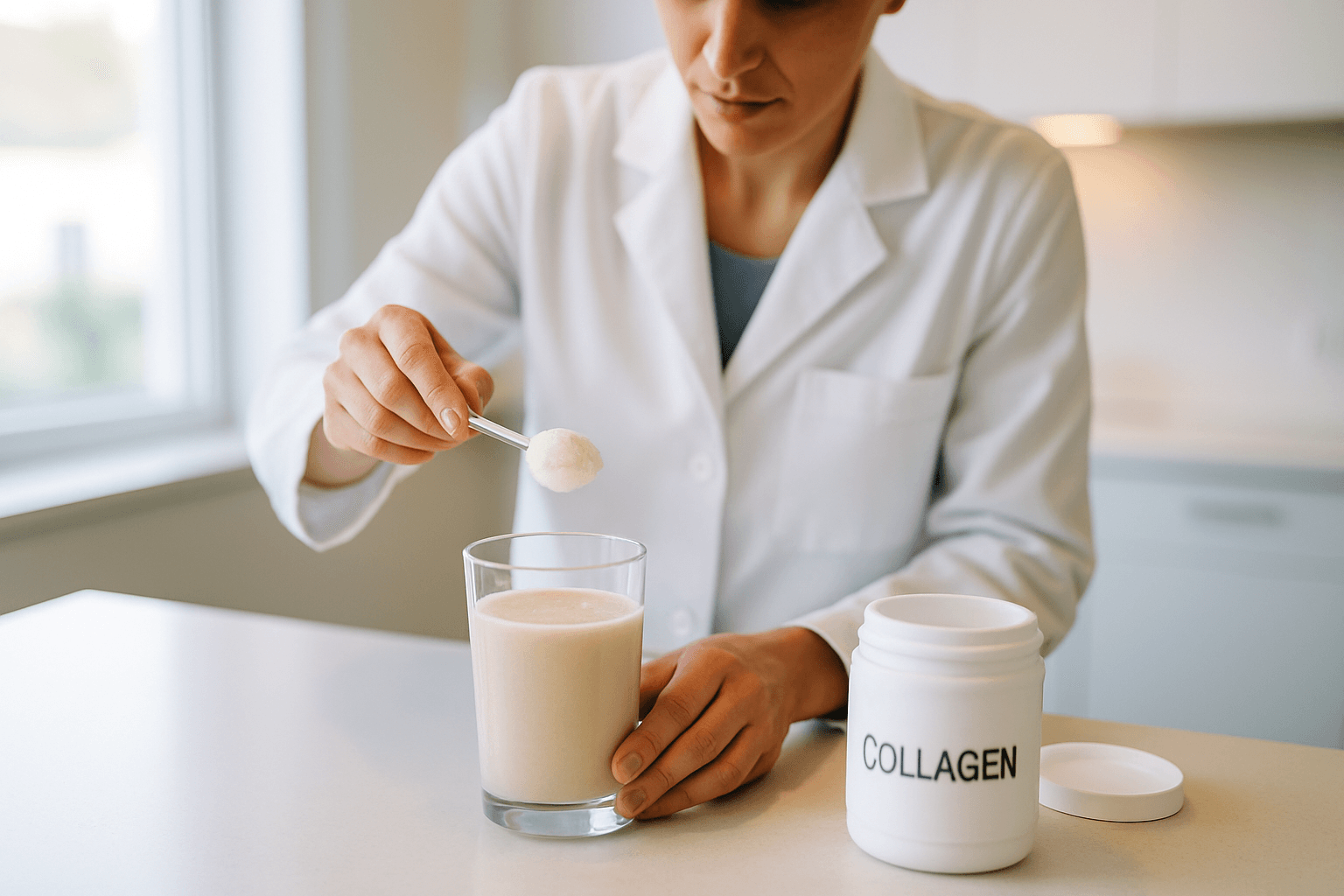The “best” time to take collagen, according to experts, largely depends on individual goals and lifestyle, with a strong consensus that consistency is more crucial than precise timing. While there isn’t a single universally agreed-upon “optimal” moment, various expert recommendations highlight potential benefits associated with different times of the day.
Consistency Trumps Timing
Foremost among expert advice is the importance of consistent daily collagen intake. Regular supplementation allows the body to continuously replenish its collagen levels, which is vital for seeing sustained benefits for skin, hair, nails, joints, and bones. Many studies on collagen’s effectiveness involve consistent use over several weeks or months.
Timing Based on Specific Goals
While consistency is paramount, certain timings may offer enhanced benefits depending on individual health objectives:
Morning (On an Empty Stomach)
Many experts suggest taking collagen first thing in the morning on an empty stomach. The rationale behind this recommendation is that with an empty stomach, there’s no competition with other nutrients for absorption, potentially leading to a faster and more efficient assimilation of collagen peptides and amino acids into the bloodstream. This approach is often favored for general skin health, hair health, and to provide a steady supply of amino acids throughout the day.
Evening (Before Bed)
Another popular recommendation is to take collagen before bedtime. This timing is often linked to the body’s natural repair and regeneration processes that occur during sleep. Taking collagen at night may specifically support skin and joint health as the body is in a restorative state. Furthermore, collagen is rich in glycine, an amino acid that has been linked to promoting better sleep quality. For those aiming to improve sleep or support overnight recovery, an evening dose can be beneficial.
Around Workouts (Before or After Exercise)
For individuals focused on muscle and joint recovery, especially athletes or those engaging in regular physical activity, taking collagen around their workouts is often suggested.
- Before a workout: Some research indicates that consuming collagen (like gelatin, a form of collagen) with Vitamin C about 60 minutes before exercise can help improve collagen production in tissues such as tendons and ligaments, supporting muscle and joint recovery.
- After a workout: Collagen provides essential amino acids involved in muscle reconstruction, contributing to the recovery process post-exercise. Taking it after a workout can help with muscle repair and support connective tissues that break down during physical activity.
With or Without Food
The advice on taking collagen with or without food varies among experts. Some sources suggest taking it on an empty stomach for optimal absorption. However, others state that collagen supplements can be taken effectively at any time of day, with or without food. If digestive upset occurs, taking collagen with food might alleviate discomfort.
Pairing with Vitamin C
Regardless of the time of day, experts frequently emphasize the importance of pairing collagen supplementation with Vitamin C. Vitamin C is an essential co-factor for the body’s natural collagen synthesis, meaning it’s required for the body to manufacture and utilize collagen effectively. Many collagen supplements already include Vitamin C, but if not, consuming it alongside Vitamin C-rich foods or a separate Vitamin C supplement is recommended to maximize benefits.
Other Specific Considerations
- Weight Management: Taking collagen approximately 15 minutes before a meal may help promote satiety, leading to a feeling of fullness and potentially reducing overall calorie intake.
- Digestive Upset: For digestive health benefits, the time of day does not appear to be a significant factor. However, if stomach upset is a concern, taking collagen with food is advisable.
In summary, while there’s no single “golden hour” for collagen intake, aligning the timing with personal preferences and specific health goals can enhance its benefits. The most critical factor, universally acknowledged by experts, remains consistent daily supplementation to achieve desired results.

